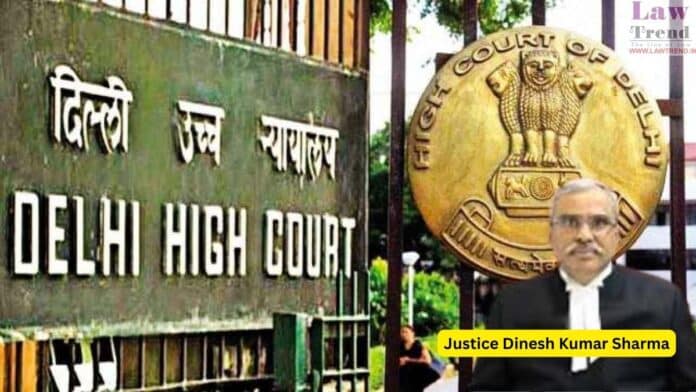The Delhi High Court has “strongly deprecated” the use of children as tools in the criminal justice system to harass and intimidate the other party, while noting the “growing tendency” of making grave allegations to win matrimonial battles.
The court made the observations while quashing a case under the Protection Of Children from Sexual Offences (POCSO) Act against a father on the basis of a settlement with the complainant mother — his estranged wife.
Justice Dinesh Kumar Sharma observed that in present case, admittedly, the dispute arose due to matrimonial discord between the parties, which resulted in two FIRs against the husband for mental and physical harassment, cruelty, dowry demand etc, and inappropriately touching the private part of his daughter.
In view of the settlement between the parties following a mutual divorce, the court ruled that no useful purpose would be served by continuing the cases when the complainant did not wish to pursue them and the POCSO case was stated to have been lodged on account of a “misunderstanding”.
“This court acknowledges the growing tendency in parties alleging grave allegations on one another merely to win matrimonial battles and strongly deprecates the practice of children being used as an instrument to set the criminal justice in motion solely to harass or intimidate the other party. Be that as it may, this Court under 482 CrPC has the inherent jurisdiction to quash any criminal proceedings in order to secure the ends of justice or to prevent the abuse of the process of the court,” said the court in a recent order.
However, since the cases placed a “burden on the criminal justice system”, it directed the father, a lawyer, to take up ten pro bono cases.
Also Read
Secretary, Delhi State Legal Service Committee is requested to assign ten cases which the petitioner shall do pro bono, the court said.
In the order, the court said the children born out of wedlock would be free to pursue their legal rights in accordance with the law.
It also said that the Supreme Court as well as the high court has ruled that cases arising out of matrimonial differences should be put to quietus if the parties have arrived upon a genuine settlement.




